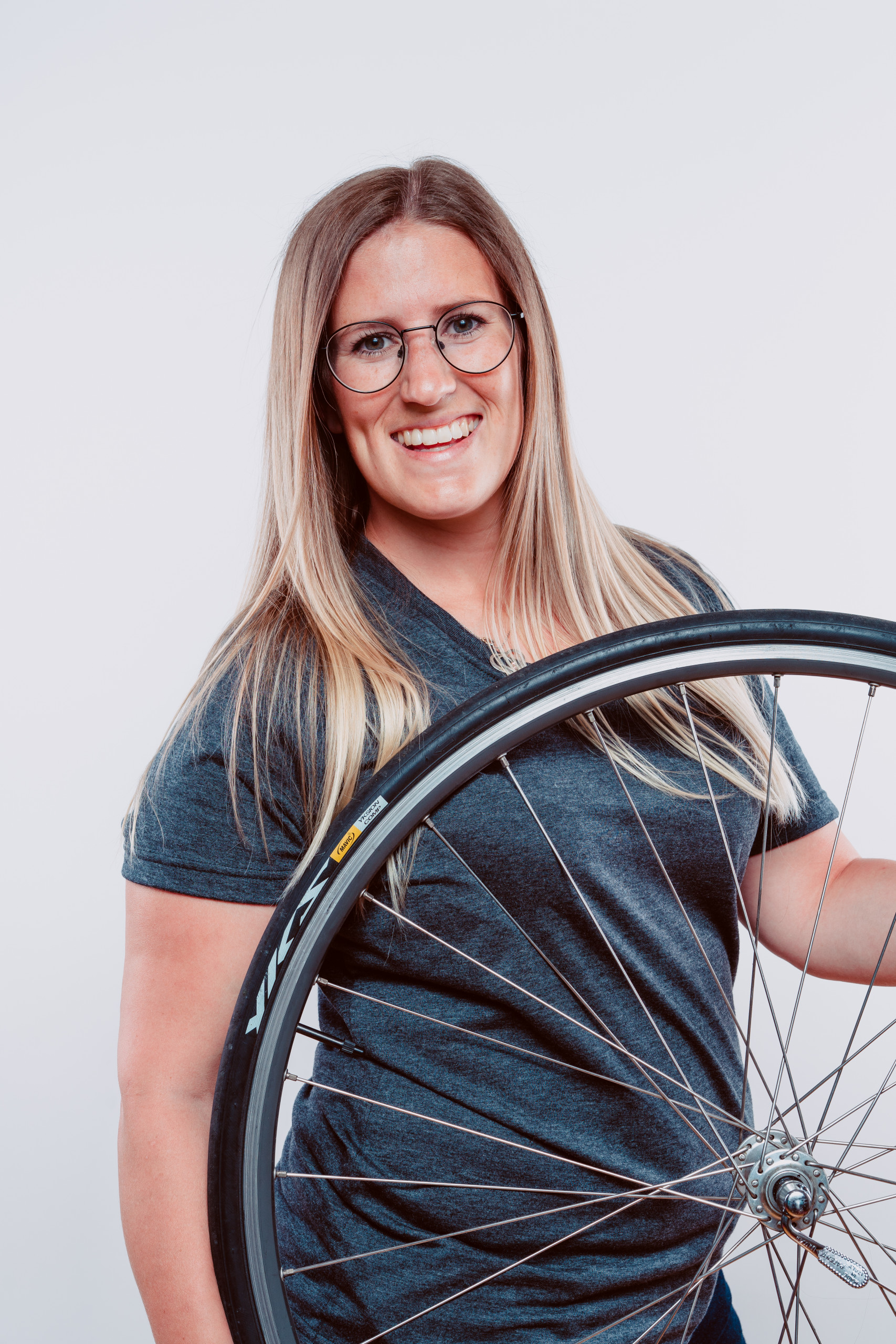Perineal and pelvic rehabilitation
Perineal and pelvic rehabilitation is a field of expertise in physiotherapy that deals with the urogenital and anorectal system in both women and men.


The perineal and pelvic rehabilitation physiotherapist can treat conditions related to the pelvic floor muscles and the perineum in all types of clients. They can address perineal and pelvic pain, pelvic prolapse or urogenital dysfunctions such as bladder leakage or anorectal problems. The therapist can also help in the treatment of musculoskeletal pain such as pubic symphysis pain, lumbosacral pain or sacroiliac pain.
Pregnancy and childbirth can cause major changes in the body such as weakness or tension in the pelvic floor and abdominal muscles. The physiotherapist can accompany you and take care of you in all stages of pregnancy, whether it is pre-partum or post-partum.
What happens during an appointment?
The evaluation in perineal and pelvic rehabilitation usually begins with a thorough questionnaire about your condition and health. The physiotherapist then performs a general physical evaluation as well as an evaluation of your pelvic floor. Depending on your condition, the physiotherapist may use various treatments. These usually include manual therapy techniques, education and recommendations, and the use of various devices such as biofeedback or neuromuscular stimulators. The physiotherapist may prescribe an exercise program for strengthening (coordination, endurance, speed), flexibility and relaxation of the pelvic and thoracic muscles. Lifestyle changes may be suggested to improve your confidence and quality of life.
Please note that these perineal and pelvic rehabilitation services are not all offered at the clinic at this time. Do not hesitate to contact us so that we can inform you and guide you if necessary!

What to expect for your first appointment?
The perineal and pelvic rehabilitation evaluation includes an overall physiotherapy evaluation as well as a pelvic floor evaluation that may resemble a gynecological evaluation. Be sure to bring your medication list as well as your medical, gynecological and obstetrical history if applicable. To be comfortable during the assessment, wear loose, soft clothing that does not restrict movement. You may shower at home before the appointment if it makes you more comfortable. Wet wipes will also be available if needed before the assessment begins.
Interesting facts:
Remember that both men and women can benefit from perineal and pelvic physiotherapy. Yes, men have a perineum and a pelvic floor and can therefore suffer from incontinence and pelvic pain. It is the same for children who have incontinence problems. They are also candidates!
Did you know that persistent bladder weakness during and after pregnancy is not normal? Don’t hesitate to make an appointment with a physiotherapist who practices perineal and pelvic rehabilitation, because there are solutions no matter what your age!
It is a misconception that kegel exercises are easy to perform and can be done by anyone. These exercises may even be contraindicated for your condition. It is important to validate with a physiotherapist if these exercises are appropriate for your situation.
Our professionnals
-
 Johanie DubéPhysiotherapist
Johanie DubéPhysiotherapist

Johanie Dubé
When it comes to taking care of herself, Johanie loves to do various outdoor activities depending on the season. She enjoys cycling, hiking, swimming, cross-country skiing, snowshoeing, walking, etc. Being in nature is a way for her to reconnect with herself. Family is also very important to her and allows her to keep her balance with her mental health. Nothing brings a smile to her face like a good meal surrounded by the people she loves.

